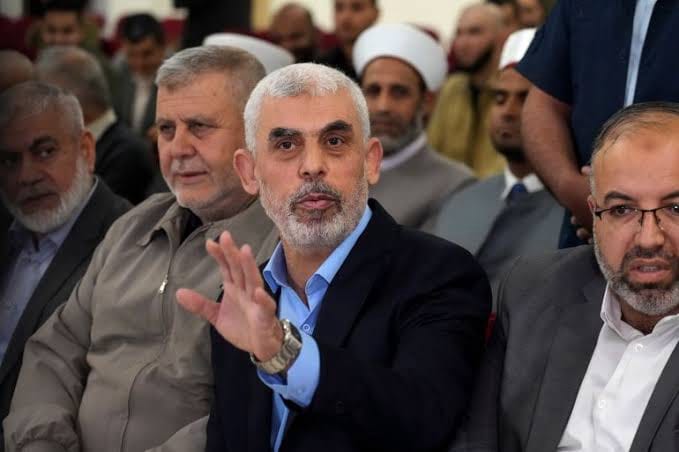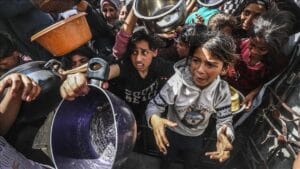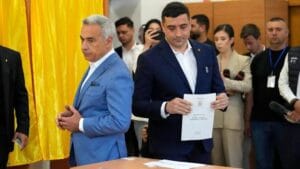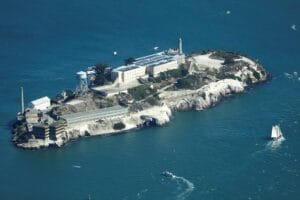US indictment of Hamas leaders raises questions about its role in Gaza mediation
The United States Department of Justice has announced criminal charges against six top leaders of Hamas for their roles in the deadly October 7 attacks in southern Israel.

The United States Department of Justice has announced criminal charges against six top leaders of Hamas for their roles in the deadly October 7 attacks in southern Israel.
The charges, unsealed on Tuesday, name both living and deceased members of the Palestinian organization, raising questions about the timing and impact of the indictment on the U.S.’s ability to mediate in the ongoing conflict in Gaza.
The Justice Department’s complaint lists six defendants, including three who have been killed: former Hamas political chief Ismail Haniyeh, assassinated in July in Tehran; Mohammed Deif, killed in an Israeli airstrike on Gaza in July; and Marwan Issa, whom Israel claimed to have killed in a March attack. The living defendants include Hamas’s new leader Yahya Sinwar, believed to be in Gaza; Khaled Meshaal, who heads the group’s diaspora office from Doha; and Ali Baraka, a senior official based in Lebanon.
“Those defendants – armed with weapons, political support, and funding from the Government of Iran, and support from [Hezbollah] – have led Hamas’s efforts to destroy the State of Israel and murder civilians in support of that aim,” U.S. Attorney General Merrick Garland said in a statement.
The charges, initially filed in February but kept under seal, were made public following the assassination of Haniyeh in Tehran—a killing attributed to Israel. The U.S. decision to go public with these charges now has drawn attention not only for its timing but also for its potential consequences on the broader diplomatic efforts in the region.
The announcement comes at a time when the White House is reportedly working with Egyptian and Qatari counterparts on a new ceasefire and captive exchange deal to bring an end to the conflict in Gaza. The U.S.’s dual role—as a legal adversary to Hamas and a potential mediator in the conflict—has sparked criticism from some observers.
Rami Khouri, a distinguished fellow at the American University of Beirut, expressed concern that the U.S. decision to charge Hamas’s top leaders could undermine its credibility in ongoing ceasefire talks. “The United States has been heavily, enthusiastically, and vigorously supporting Israel in its current actions in Gaza – in what the UN calls a plausible genocide. And it has long opposed groups like Hamas and Hezbollah, designating them as terrorist groups,” Khouri told Al Jazeera from Boston.
Khouri further criticized the U.S. for what he described as a one-sided approach to accountability. “The United States is very keen to hold Hamas responsible for its actions but has no similar desire to hold Israel accountable for its actions. Therefore, in the eyes of most of the world, the United States is not an honest broker but is complicit in the Israeli genocide in Gaza,” he added.
As the U.S. continues to balance its legal actions against Hamas with its diplomatic efforts in the region, the question remains whether these charges will bolster or hinder its role in seeking a resolution to the ongoing conflict in Gaza.










